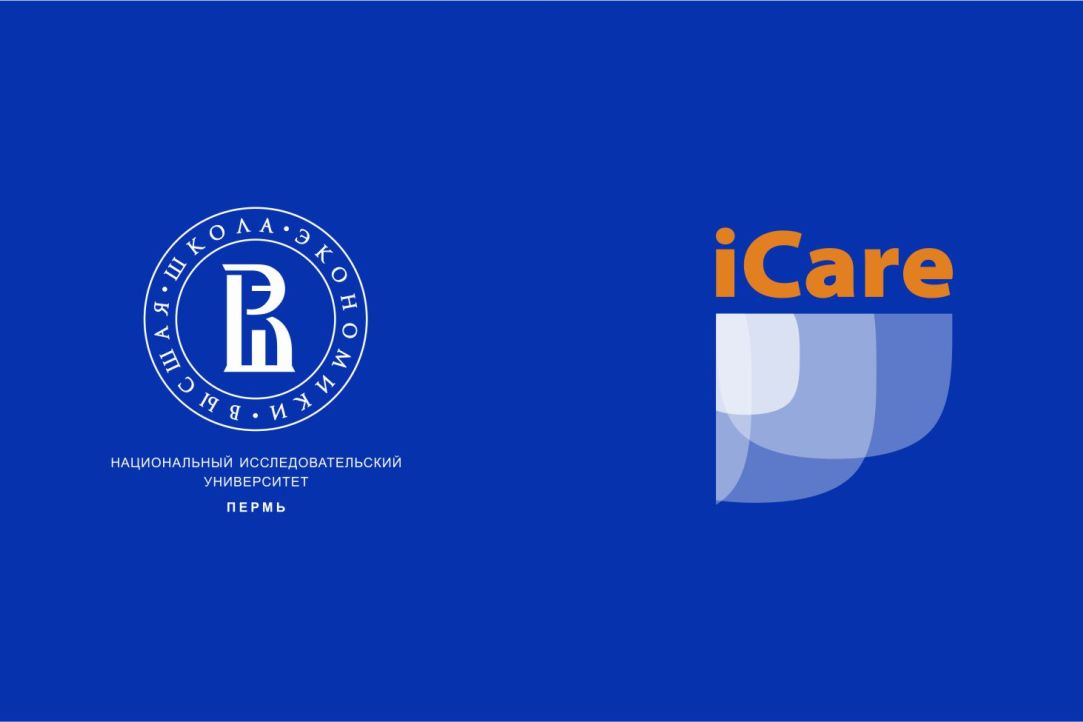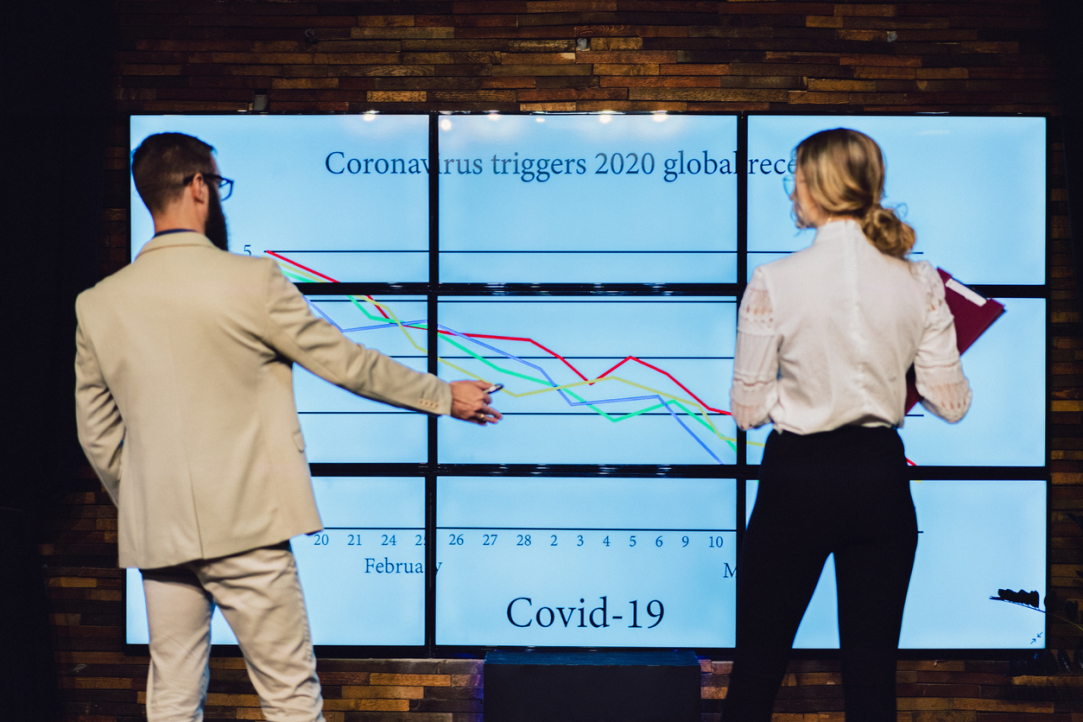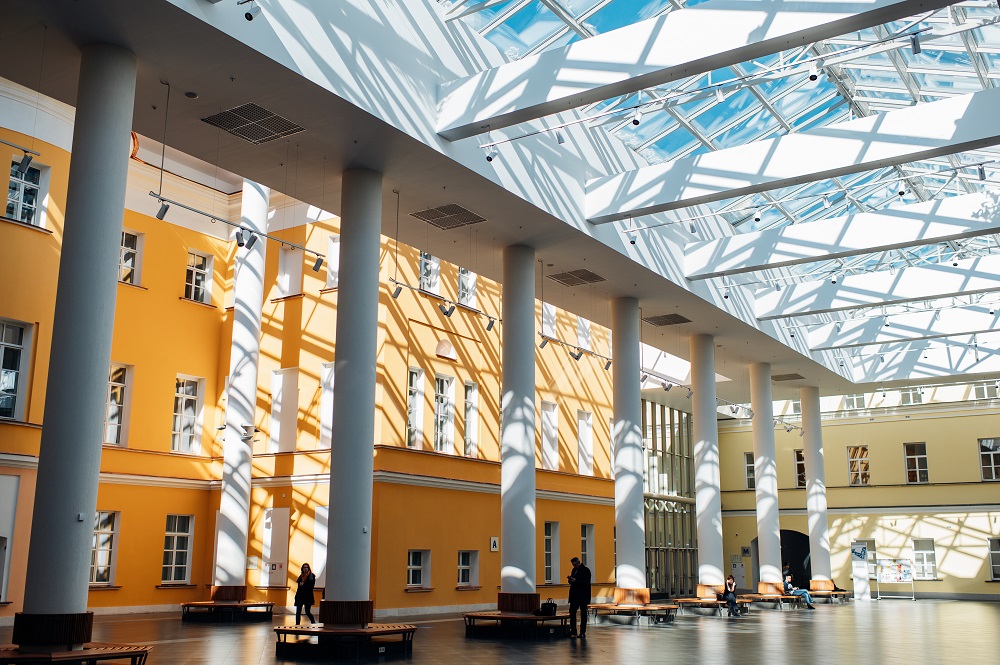
A Pandemic of Negative Interest Rates: Banks and Their Clients Will Have to Adapt to a New Normal
The coronavirus pandemic and lockdown have made life difficult for credit institutions and their clients. Citizens’ incomes have decreased, which can lead to an increase in bad debts, and a decrease in the key rate to support the economy makes deposits less and less attractive and deprives banks of an important resource. Banks are compelled to search for new ways to earn money, which carries additional risks, says HSE Banking Institute Director Vasily Solodkov.

2020 iCare Participants Discuss the Economic Effects of the Pandemic, the Accessibility of Higher Education in Russia, and More
On September 21, the VIII International Conference on Applied Research in Economics (iCare) was held online, bringing together more than 100 researchers from 19 countries. Organizers, speakers, teachers, and students shared their impressions of the event and talked about the opportunities that the conference opens up for them.

Russian Men Left Without ‘Fatherhood Wage Premium’
Not much is known about fathers on the Russian labour market. It has often been claimed that they earn more than their childless peers. However, new research states that there is no such ‘premium’ for being a father in Russia. Nevertheless, men with kids still have higher salaries.

New Inequality, Environmental Impact and Other Consequences of the Coronavirus Pandemic: III ICEF Conference on Applied Economics Focuses on COVID-19
This year, the ICEF Conference on Applied Economics will be held online for the first time ever. On September 12, experts from around the world will discuss the impact of the coronavirus pandemic on the global economy. The HSE News Services describes the papers that will be presented and why the organizers decided to devote this event to COVID-19.

Millennials Are Major Drivers of Sharing Economy
The sharing economy involves shared use of assets and services. This means that users do not need to purchase or own them outright. Assets can be exchanged, borrowed or leased. But not everyone is ready for this model. What factors determine whether or not someone is willing to participate in the sharing economy?

A Strong-Willed Population: How Russians’ Personal Qualities Influence Their Income Level
Russians who are open to new experience, conscientious, and emotionally stable have better chances of achieving professional and financial success. This is the finding of a study conducted by HSE researchers that analyzed the impact of personal qualities on the behavior of Russian citizens of various social and economic groups. The study was based on a vast range of data collected from 2000 to 2016.

‘The Sports Market Will Survive, Although It’ll Be Cast Back to Where It Was Years Ago’
On July 3, 2020, the 4th Eastern Conference on Football Economics and the 6th Western Conference on Football and Finance were held. Jointly organized by HSE University, the University Paderborn, the New Economic School, the EWG OR in Sports, and the University of Reading, the conference was dedicated to the economic, financial and social aspects of football. Some of the organizers and participants of the conference spoke to the HSE News Service about the conference and their research.

‘Education Helps Us Learn New Things Quickly and Adapt to New Conditions’
Hyen Jin Han is doing her Master's in Financial Economics at HSE International College of Economics and Finance. In her interview, she talks about her passion for economics, studying at the ICEF, and career aspirations.

HSE Researchers Receive 2020 Russian National Award in Applied Economics
On Wednesday, May 13, the award ceremony for the 2020 Russian National Award in Applied Economics took place on Zoom as part of the XXI April International Academic Conference on Economic and Social Development. This year the prize was awarded to Marco Francesconi (University of Essex, UK), Fabián Slonimczyk, and Anna Yurko (HSE University, Moscow)

Winners of Russian National Award in Applied Economics – 2020 Announced
This year the award was bestowed on Marco Francesconi (University of Essex, UK), Fabián Slonimczyk and Anna Yurko (HSE University, Moscow). The team of authors was recognized for their article, which reliably proves the increased geographic mobility of high school graduates seeking to obtain a higher education following the introduction of the Unified State Exam.


Application deadline: June 23, 2025